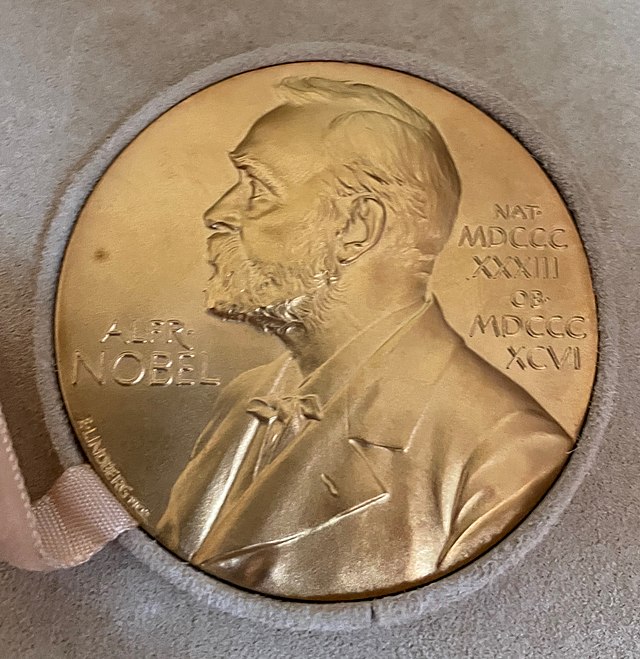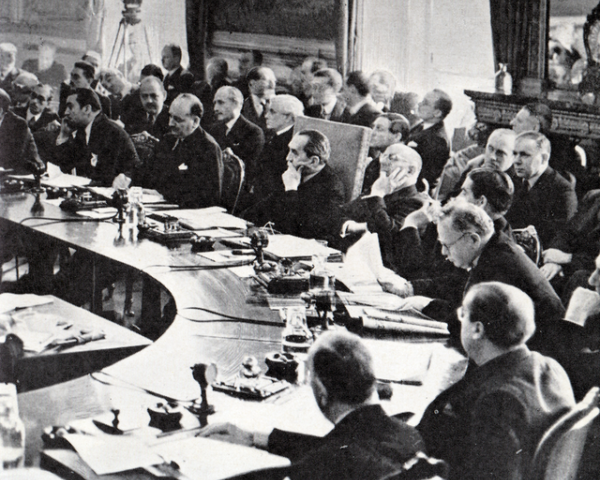Alfred Nobel was a Swedish chemist, engineer, and inventor. Throughout his life, Nobel held numerous patents for his inventions, and he accumulated considerable wealth from his inventions, particularly dynamite.
The History Channel writes, “What persuaded the ‘dynamite king’ to devote his fortune to charity? Nobel never spoke publicly about the motivations behind the pledge, but many believe it was inspired by an earlier case of mistaken identity. In 1888, Nobel’s brother Ludvig had died in France from a heart attack. Thanks to poor reporting, at least one French newspaper believed that it was Alfred who had perished, and it proceeded to write a scathing obituary that branded him a “merchant of death” who had grown rich by developing new ways to “mutilate and kill.” The error was later corrected, but not before Alfred had the unpleasant experience of reading his own death notice. The incident may have brought on a crisis of conscience and led him to reevaluate his career. According to biographer Kenne Fant, Nobel ‘became so obsessed with the posthumous reputation that he rewrote his last will, bequeathing most of his fortune to a cause upon which no future obituary writer would be able to cast aspersions.’”
Nobel was concerned about the potential misuse of his inventions for destructive purposes, particularly in warfare. He wanted to leave a positive and lasting legacy that would contribute to the betterment of humanity. In his will, Nobel left the bulk of his fortune to fund the Nobel Prizes, which were to be awarded annually in the fields of Physics, Chemistry, Medicine or Physiology, Literature, and Peace. Later, the category of the Sveriges Riksbank Prize in Economic Sciences in Memory of Alfred Nobel, commonly referred to as the Nobel Prize in Economic Sciences, was established in 1968.
The first Nobel Prizes were awarded on December 10, 1901, and since then, they have become some of the most prestigious and highly regarded awards globally. The initial categories included Physics, Chemistry, Medicine or Physiology, Literature, and Peace. The addition of the Economics category came later in 1968, funded by the Swedish National Bank in Alfred Nobel’s memory.
Over the years, the Nobel Committee has faced various challenges and controversies in awarding the prizes. Some notable instances include the omission of certain influential figures, while others received recognition for groundbreaking work. Despite occasional controversies, the Nobel Prize has maintained its reputation as a symbol of excellence and has elevated laureates to international acclaim.
The Nobel Peace Prize, in particular, has played a crucial role in recognizing individuals and organizations that have made significant contributions to promoting peace and resolving conflicts. Past laureates include iconic figures such as Martin Luther King Jr., Mother Teresa, and Nelson Mandela, emphasizing the global impact of the prize beyond scientific and literary realms.






